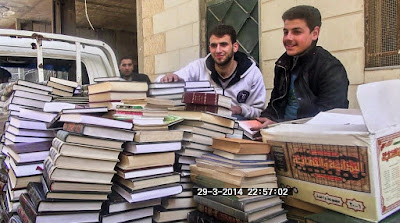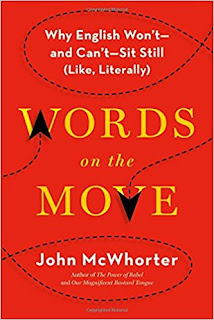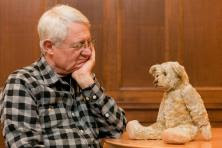what i'm reading: the library book by susan orlean

I've been on a "books about books" run lately, beginning with Syria's Secret Library , then Robert Caro's Working , and now I'm finishing the wonderful The Library Book by Susan Orlean. Orlean is a writer for The New Yorker , which generally means excellent nonfiction. Her book about the canine movie star Rin Tin Tin has been on my List since it was published in 2011. Her 1998 book The Orchid Thief is considered a modern classic. (I read The New Yorker story that led to the book, but have not yet read the book.) The Library Book , like most quality nonfiction, is many things. It's the story of a fire that destroyed much of Los Angeles' Central Library in 1986, and the mystery of who set the blaze, which was definitely arson. It's a history of libraries, and librarians, and a brief history of Los Angeles. It's also a short history of arson, and library fires, and probably a few other things as well. These many threads are intertwined with a ...





